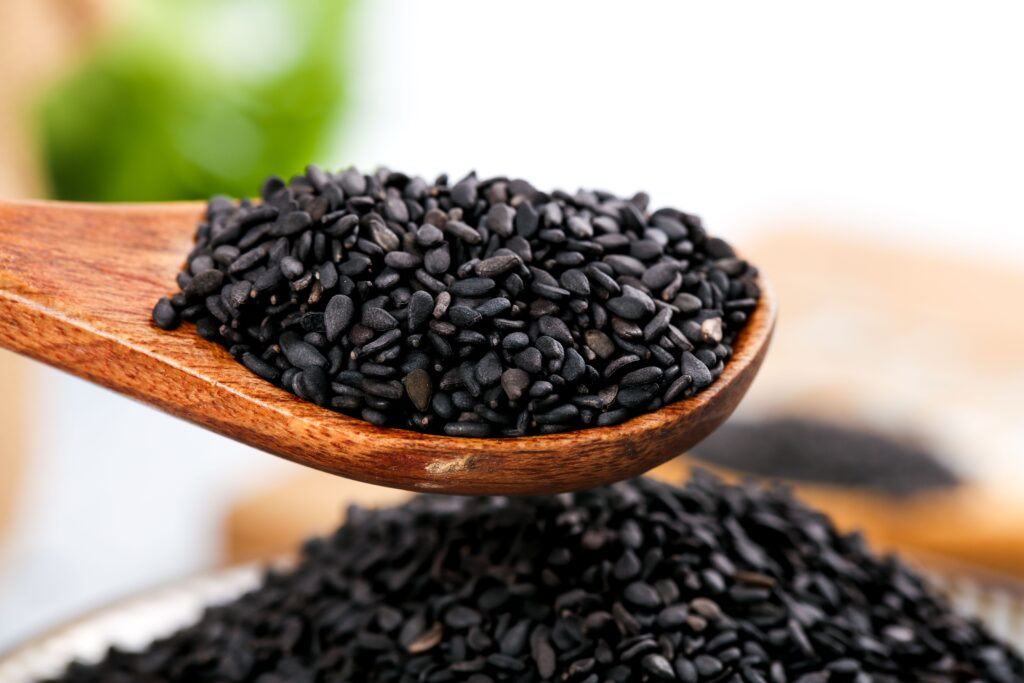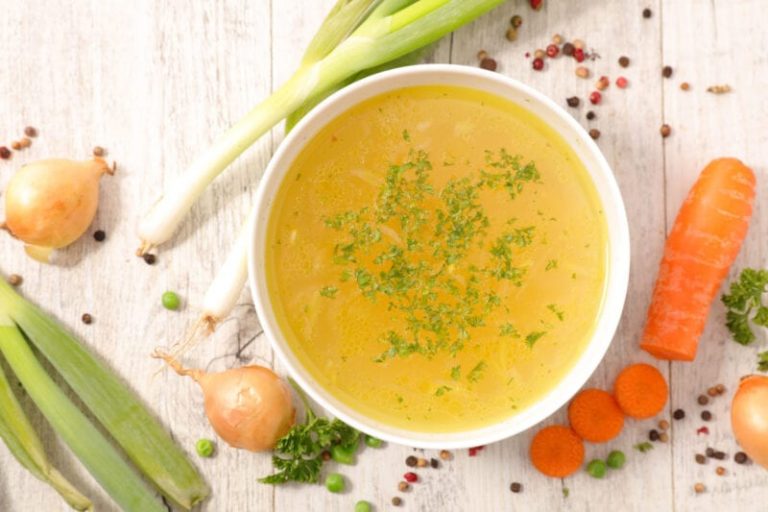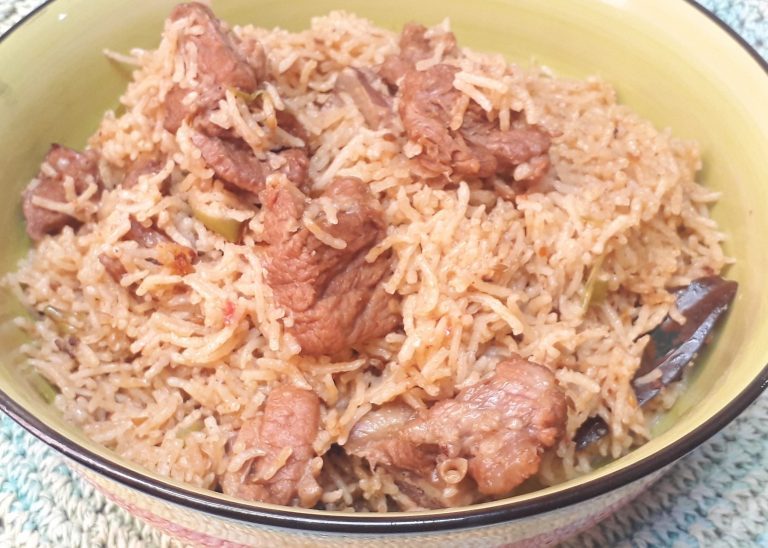Amazing and Healthy Benefits And Nutrition of Black Sesame Seeds
Black sesame seeds are often referred to as gingili, or til. They are from a particular in their taste, mildly nutty with a tinge of bitter taste. That is why, today I am sharing some Amazing And Healthy Benefits And Nutrition Of Black Sesame Seeds. They are quite oily as well.
Because they preserve their unique taste, texture, and scent, black sesame seeds are substituted for white sesame seeds.
They make excellent gluten-free flour when finely ground. Black sesame seed paste is frequently used in many cuisines to give foods like ice cream, macaroons, pastries, and noodles an extra taste boost.
But nowadays, you can even purchase goods that contain the complete black sesame seed! These tiny seeds have played a significant role in Asian societies for centuries because of their culinary versatility, health advantages, and use in many different sorts of meals. This is true not only of Chinese culture but of many other Asian cultures as well.
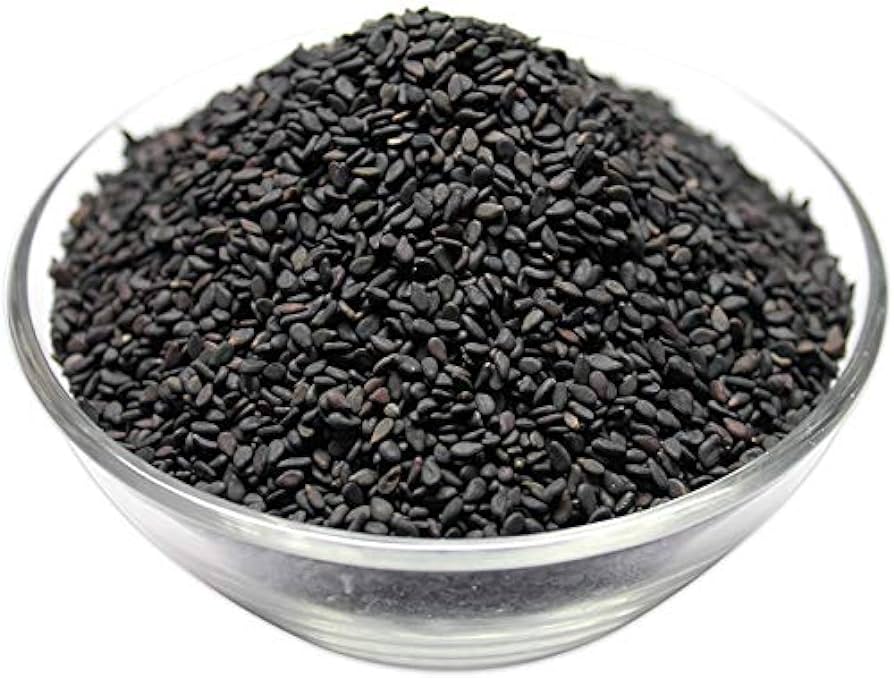
Black Sesame Seeds Nutrition
Black sesame seeds are tiny, oil-rich seeds derived from the Sesamum indicum plant.
They have been a staple in various cuisines and traditional medicine for centuries. Here’s a breakdown of the nutritional content of black sesame seeds:
Black sesame seeds are rich in several nutrients. Just 2 tablespoons (14 grams) of black sesame seeds contain:
INGREDIENTS
- Calories: 100
- Protein: 3 grams
- Fat: 9 grams
- Carbs: 4 grams
- Fiber: 2 grams
- Calcium: 18% of the Daily Value (DV)
- Magnesium: 16% of the DV
- Phosphorus: 11% of the DV
- Copper: 83% of the DV
- Manganese: 22% of the DV
- Iron: 15% of the DV
- Zinc: 9% of the DV
- Saturated Fat: 1 gram
- Monounsaturated Fat: 3 grams
- Polyunsaturated Fat: 4 grams
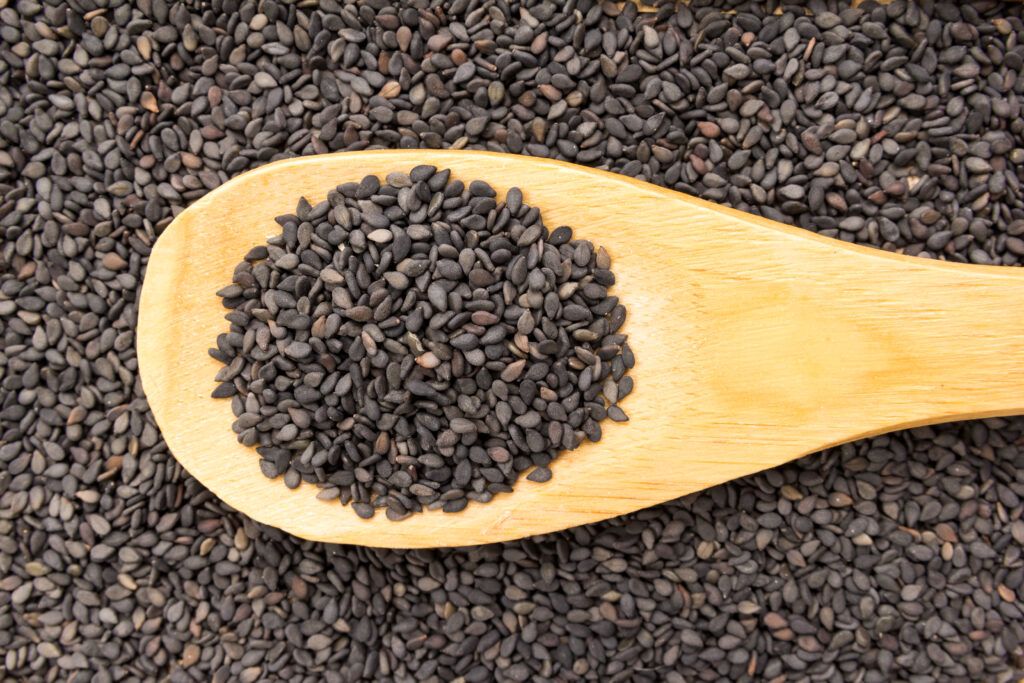
Amazing And Healthy Benefits And Nutrition Of Black Sesame Seeds:
How To Use Of Black Sesame Seeds?
Black sesame seeds can be incorporated into various dishes to add flavor, texture, and nutritional value. Here are some ways to use black sesame seeds in your cooking:
Sprinkle on Salads:Add a tablespoon or two of black sesame seeds to your salads for a nutty flavor and extra crunch.
Toast and Garnish:Toast black sesame seeds lightly in a dry skillet over medium heat until they release their aroma. Sprinkle the toasted seeds over stir-fries, rice dishes, or roasted vegetables for added flavor.
Bake into Bread or Muffins:Incorporate black sesame seeds into your bread or muffin recipes for a unique twist. You can add them to the dough or sprinkle them on top before baking.
Blend into Smoothies:Add a tablespoon of black sesame seeds to your smoothies for a nutritional boost. They blend well and add a pleasant nutty flavor.
Make Tahini:Blend black sesame seeds with a bit of oil (such as sesame oil or olive oil) to make a black sesame seed paste or tahini. Use this as a spread or dip.
Coat Fish or Chicken:Mix black sesame seeds with breadcrumbs and use the mixture to coat fish or chicken before baking or frying. It adds a flavorful crust to the protein.
Stir into Yogurt or Oatmeal:Stir black sesame seeds into your yogurt or oatmeal for added texture and a nutritional boost. You can also drizzle a bit of honey for sweetness.
Sesame Seed Dressings:Make a delicious dressing by combining black sesame seeds with ingredients like olive oil, soy sauce, rice vinegar, and a touch of honey. Use it to dress salads or drizzle over grilled meats.
Sprinkle on Noodles:Add black sesame seeds to your noodle dishes for a unique flavor. This works well with both Asian and non-Asian noodle recipes.
Make Desserts:Incorporate black sesame seeds into desserts like cookies, cakes, or energy bars. They add a rich, nutty flavor and can enhance the visual appeal of your treats.
Garnish Sushi Rolls:Sprinkle black sesame seeds on the outside of sushi rolls for added texture and flavor.
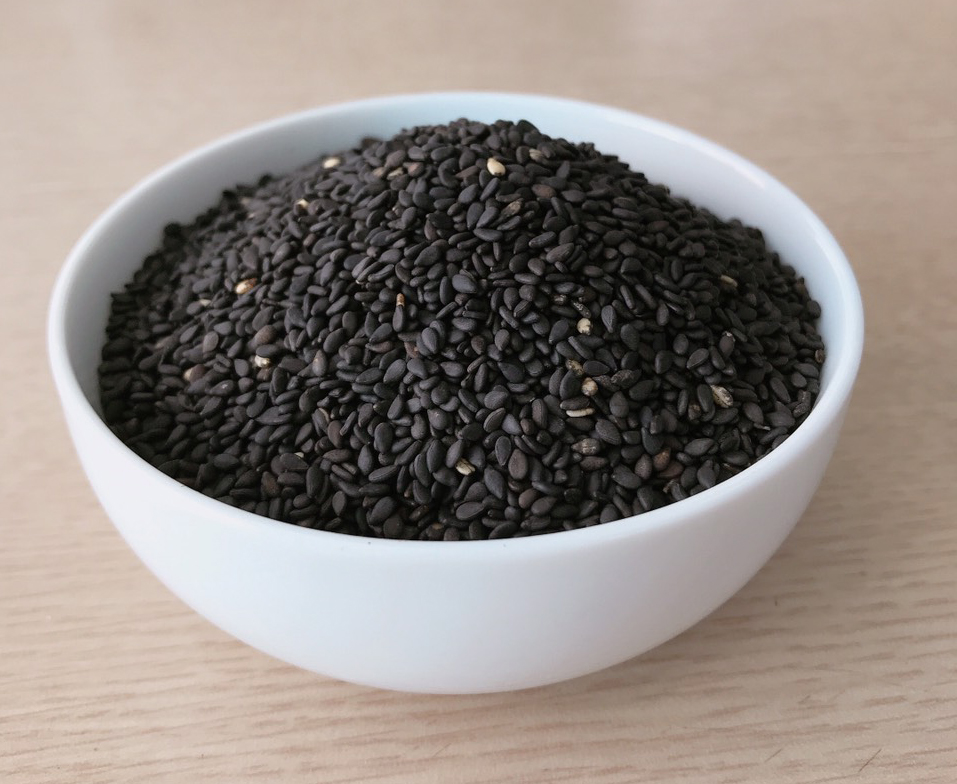
Healthy Benefits Of Black Sesame Seeds
Black sesame seeds offer several health benefits due to their rich nutritional profile. Here are some of the potential health benefits associated with the consumption of black sesame seeds:
1: Nutrient-Rich:
Black sesame seeds are a good source of essential nutrients, including protein, healthy fats, vitamins (such as B vitamins and vitamin E), and minerals (like calcium, iron, magnesium, phosphorus, zinc, and copper).
2: Antioxidant Properties:
The presence of antioxidants, including sesamin and sesamolin, in black sesame seeds helps combat oxidative stress. Antioxidants neutralize free radicals in the body, which can contribute to aging and various chronic diseases.
3: For Healthy Heart Health:
The monounsaturated and polyunsaturated fats, along with antioxidants, may contribute to heart health by reducing inflammation and supporting healthy cholesterol levels.
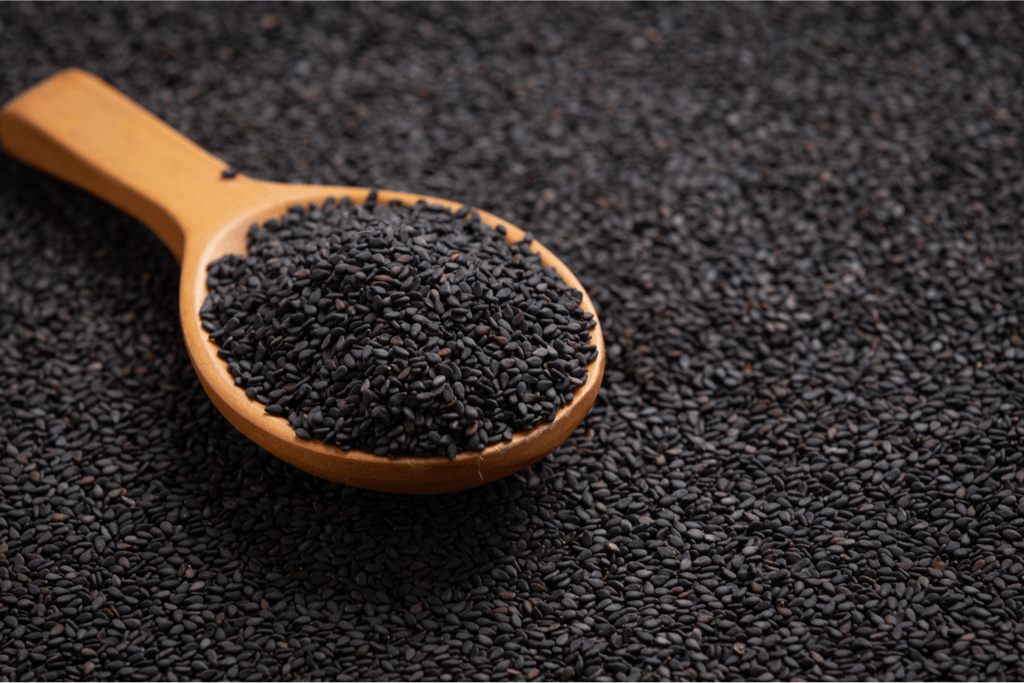
Black Sesame Seeds Is Good For Digestive Or Not
Yes, black sesame seeds can be beneficial for digestive health. Here’s how:
- Sesame seeds, including black sesame seeds, are a good source of dietary fiber. Fiber is crucial for maintaining a healthy digestive system.
- It adds bulk to the stool, promotes regular bowel movements, and helps prevent constipation.
- The fiber content in black sesame seeds also supports the growth of beneficial bacteria in the gut.
- These bacteria play a role in maintaining a healthy digestive tract and may contribute to overall gut health.
- Black sesame seeds contain lignans and antioxidants, which may have anti-inflammatory properties. Inflammation in the digestive tract can contribute to digestive issues, and consuming foods with anti-inflammatory properties may be beneficial.
- Most people generally tolerate sesame seeds well. However, some individuals may experience difficulty digesting seeds due to their outer coating. To enhance digestibility, you can soak or lightly toast sesame seeds before consumption.
- The combination of fiber, healthy fats, and nutrients in black sesame seeds can help prevent constipation by promoting regular bowel movements.
- Adequate fiber intake is essential for maintaining optimal digestive function.
While black sesame seeds can be beneficial for digestion, it’s important to consume them in moderation, as they are calorie-dense. Additionally, individual responses to foods can vary, so it’s advisable to pay attention to your body’s signals and adjust your diet accordingly.
If you have specific digestive concerns or conditions, it’s always a good idea to consult with a healthcare professional or a registered dietitian. They can provide personalized advice based on your individual health needs and help you incorporate foods like black sesame seeds into a well-balanced and digestive-friendly diet.
